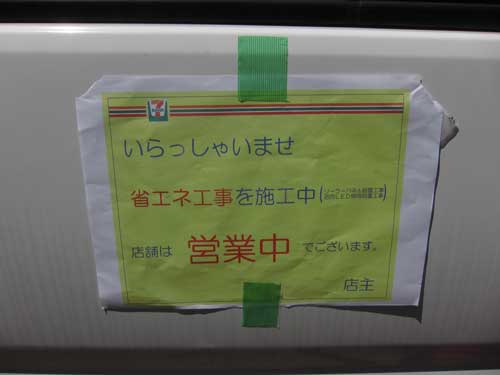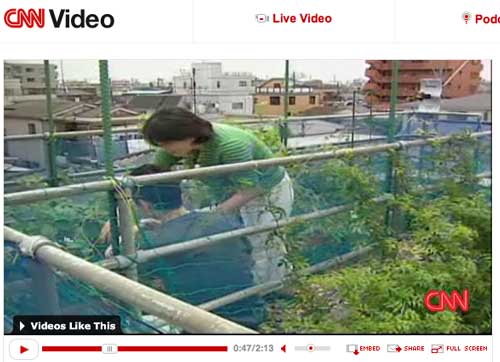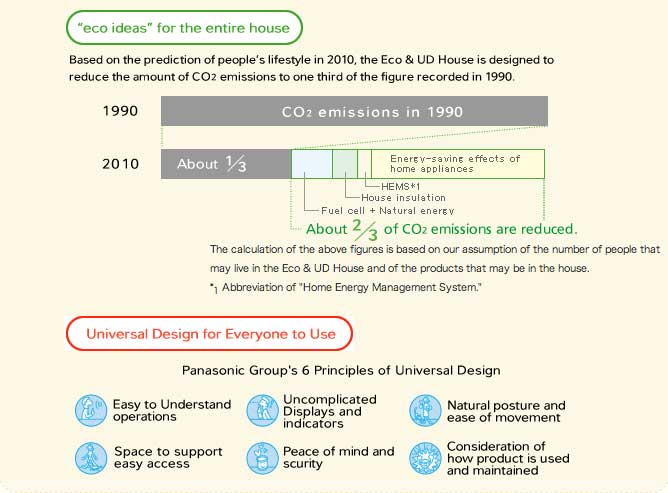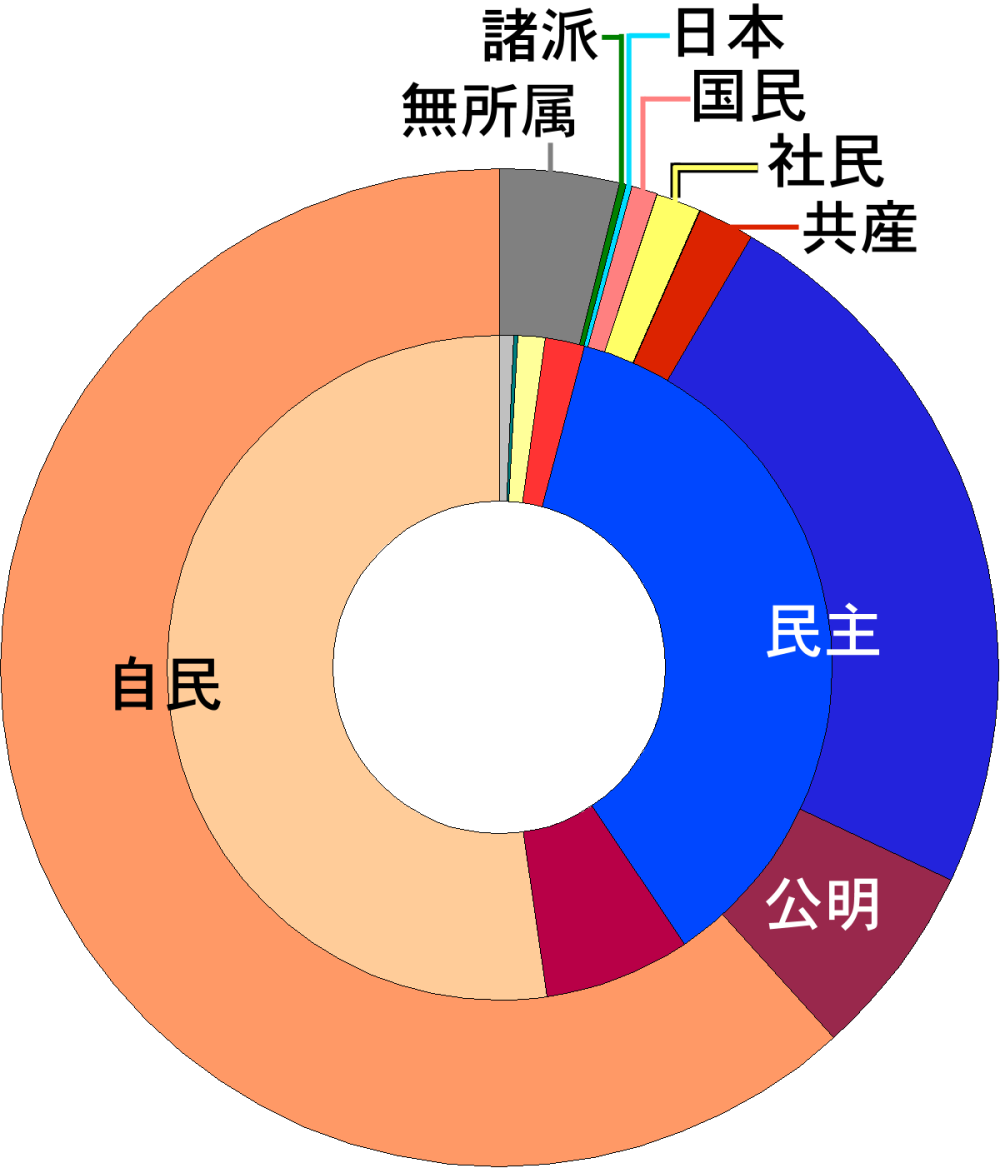
セブン・イレブンがすばやく電球を変えています。節電のために、LEDは大切です。百万人以上が新しい照明を見ることができるでしょう。この近所の店では、施工中なのに、店舗は営業しています。LEDのほうがきれいだと思いますか?
It’s very impressive how quickly 7-Eleven can install new lighting. LEDs are a huge shift in lighting, and this very prominent example will influence millions of consumers.
Many companies have agreed to large energy reductions, up to 20 and 25 percent. I noticed this van outside my local 7-Eleven yesterday. They changed the store’s lighting to LEDs without closing the business. Another store I passed yesterday in western Tokyo was also updated. I wonder how soon all the 7-Elevens will be using these very low energy lights.
I think the new strips of small lights produce a more pleasant light than the old fluorescent tubes. What do you think?




